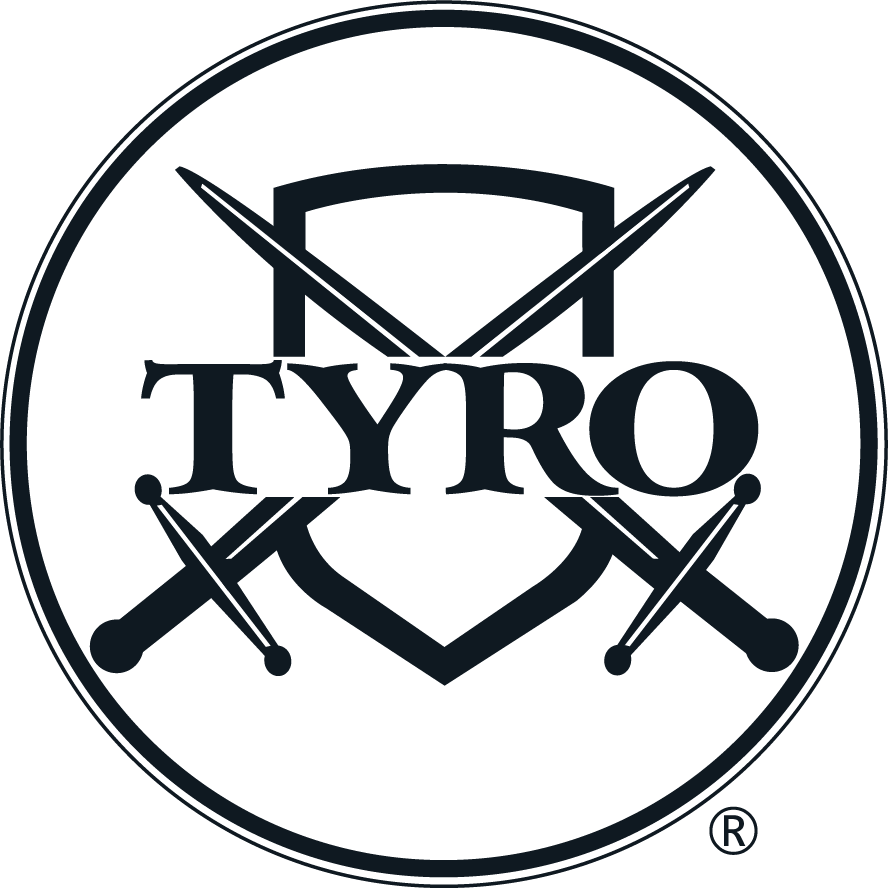In the realm of leadership, character development serves as the bedrock upon which great leaders are built. Beyond the skills and strategies associated with leadership, the essence of a truly impactful leader lies in the development of their character. This blog explores the symbiotic relationship between leadership and character development, emphasizing how a leader’s personal growth can shape not only their success but also the success of those they lead.
The Foundations of Character Development:
Self-Awareness:
- The journey towards exceptional leadership begins with self-awareness. Leaders who understand their strengths, weaknesses, values, and motivations are better equipped to make informed decisions and inspire others. Cultivating self-awareness is a continual process of introspection and reflection.
Integrity as a Cornerstone:
- Character development is synonymous with integrity. Leaders with unwavering moral and ethical principles earn the trust and respect of their team members. Upholding integrity in decision-making fosters a culture of trust within the organization.
Resilience in Adversity:
- Character is often revealed in times of adversity. Leaders who develop resilience can navigate challenges with grace, inspiring their team to persevere in the face of difficulties. Learning from setbacks and maintaining a positive attitude are crucial aspects of resilient leadership.
Leadership and Character: A Symbiotic Relationship:
Leading by Example:
- Leaders are, by nature, influencers. Through their actions and decisions, they set the tone for the entire organization. A leader’s character becomes a guiding force, illustrating the values and behaviors expected from the team.

Empathy and Emotional Intelligence:
- A leader’s character is manifested in their ability to empathize and understand the emotions of others. Emotional intelligence, a key component of character development, enables leaders to build strong, authentic connections with their team members.
Continuous Learning and Growth:
- Great leaders recognize that character development is an ongoing process. They actively seek opportunities for personal and professional growth, demonstrating a commitment to learning and improvement. This mindset permeates throughout the organization, encouraging a culture of continuous development.
Effective Communication:
- Character development contributes to effective communication skills. Leaders who are articulate, transparent, and empathetic in their communication foster a culture of openness within their teams. Clear communication is essential for building trust and alignment.
Building a Positive Organizational Culture:
- The character of a leader shapes the culture of the organization. Leaders who prioritize collaboration, inclusivity, and a shared sense of purpose create an environment where individuals thrive. A positive culture, in turn, enhances both individual and collective performance.
Leadership and character development are intertwined forces that propel individuals and organizations toward success. Aspiring leaders should recognize that building a strong character is not just a personal journey but a strategic investment in the success of their teams and the organizations they lead. By fostering self-awareness, embracing integrity, and continuously growing, leaders can cultivate the kind of character that inspires and leaves a lasting impact on those they lead. Ultimately, the path to exceptional leadership is paved with the values, principles, and resilience forged in the crucible of character development.

